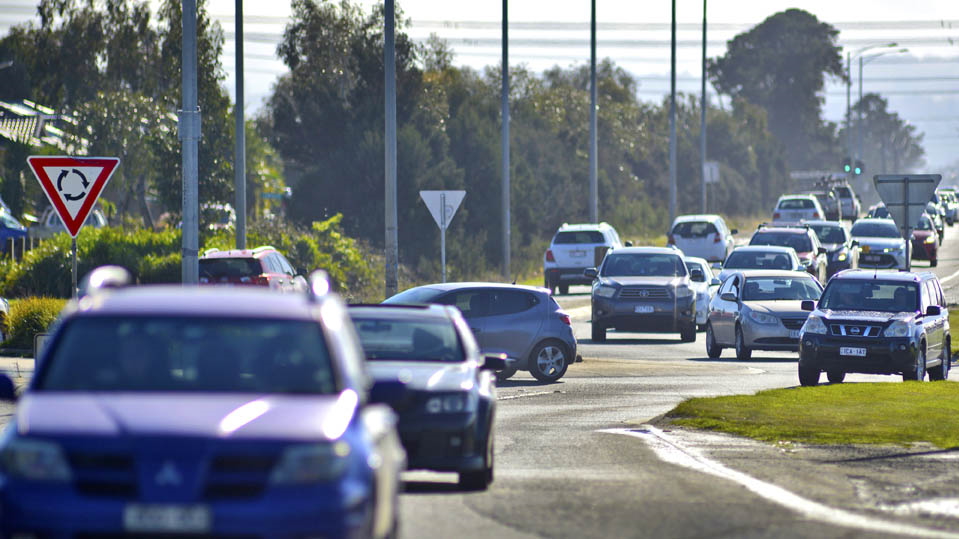Outer suburbs hold the key to unlocking Australia’s productivity challenge

New legislation to tackle the jobs and skills crisis will “fall flat without investment into the infrastructure serving communities in Australia’s outer suburbs,” according to Matthew Deeth, Chair of the National Growth Areas Alliance (NGAA).
The NGAA welcomes the rapid action taken by the federal government following last month’s Jobs and Skills Australia to establish Jobs and Skills Australia (JSA).
“The speedy establishment of Jobs and Skills Australia shows this Government is committed to improving the nation’s employment prospects. However, to unlock the full potential for the five million Australians living growth areas, the government must also take action to address the reasons behind employment and education deficits in fast growing outer suburbs,” Mr Deeth said.
Australians living in the outer suburbs have an average unemployment rate of 5.7 per cent (compared to the national rate of 4 per cent), and in some outer suburbs, the unemployment rate is as high as 10.7 per cent. Rates of young people’s disengagement from work or study are also particularly high (an average of 11.6 per cent compared to 8.3 per cent).
“Chronic infrastructure and service deficits in growth areas are holding back their full potential and require a national solution.
“The Jobs and Skills Australia Bill refers to workforce needs in regional, rural, and remote Australia, yet there is no mention of the outer suburbs. This is disheartening given that one in every five Australians lives in an outer urban growth area. People living in these communities are bearing the brunt of the cost of living crisis, but it doesn't have to be this way.
“We are at an important moment in time where Jobs and Skills Australia can set a direction from the outset that elevates and appreciates the untapped potential of the growth areas to support national productivity ambitions.”
Initial findings from new research commissioned by the NGAA has shown that modest federal government investments in growth area infrastructure and services significantly increase local employment and stimulate local economies, amongst other benefits.
“Now is the moment for the federal government to show it sees and recognises the outer suburbs. To build on the recent and positive momentum, we want the federal government to act now on the city policies it announced during the election campaign. In particular, the national coordination of outer suburbs infrastructure planning and investment would be a powerful step forward.
“With a labour force of more than 2.2m, industrial land ready to develop and the freight and transport facilities that keep Australia moving, the outer suburbs hold the answer to the employment and productivity problem the Australian Government is desperate to solve. A little investment now will go a long way.”







